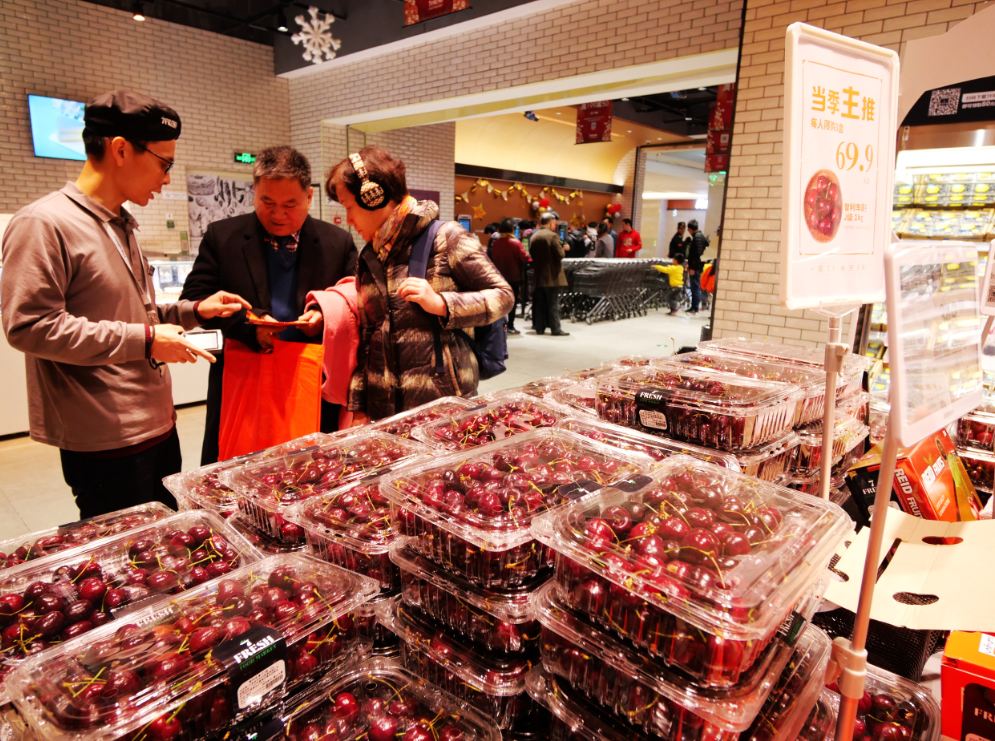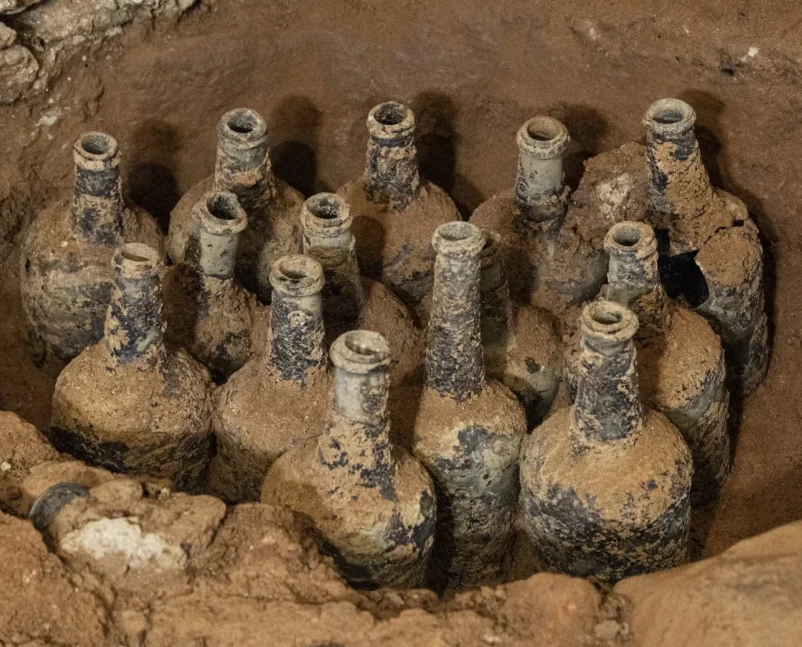The cherry season is expected to arrive early in the United Kingdom, and the sight of cherry blossom trees at the family-run Kent Little Sharsted Farm visually confirms it. This year, the UK cherry season has seen an early bloom due to favorable weather conditions. The fruit is expected to hit supermarket shelves as early as late May.
The cherry season in the country lasts only two months, from mid-July to mid-September, a shorter season compared to other major producing countries like Turkey, the United States, and Chile. Most of the country's cherry trees require pollination by honeybees, which heavily rely on the transfer of pollen from flower to stigma by the insect.
Without bees, cherry trees would struggle to produce fruit. The UK has lost 13 species of bees, and 35 are endangered due to urban development, intensive agriculture, extreme weather conditions, climate change, and pesticide use.
As the cherry blossoms in the UK are relatively small and low in nectar, honeybees play a crucial role in increasing cherry production. Jon Hillary, cherry product manager at Driscoll's, states that climate plays a fundamental role in the pollination process.
"As we prepare for the cherry season, we are expecting to see cherry growth a bit earlier than usual for this season," he says. However, cherry blossoms will need warmer and more stable weather conditions to ensure optimal pollination. Forecasts indicate an early start to the cherry season, but it will depend on the presence of a sunnier spring."
The organization is looking forward to delivering fresh British cherries to consumers. A report conducted by the CNR's Institute of Bioeconomy, with the support of European partners, shows that cherries are among the most appreciated fruits in the UK, although the country is not a major producer of this product.
Read the full article: Fresh Fruit Portal
Image: Woodland Trust
Cherry Times - All rights reserved










